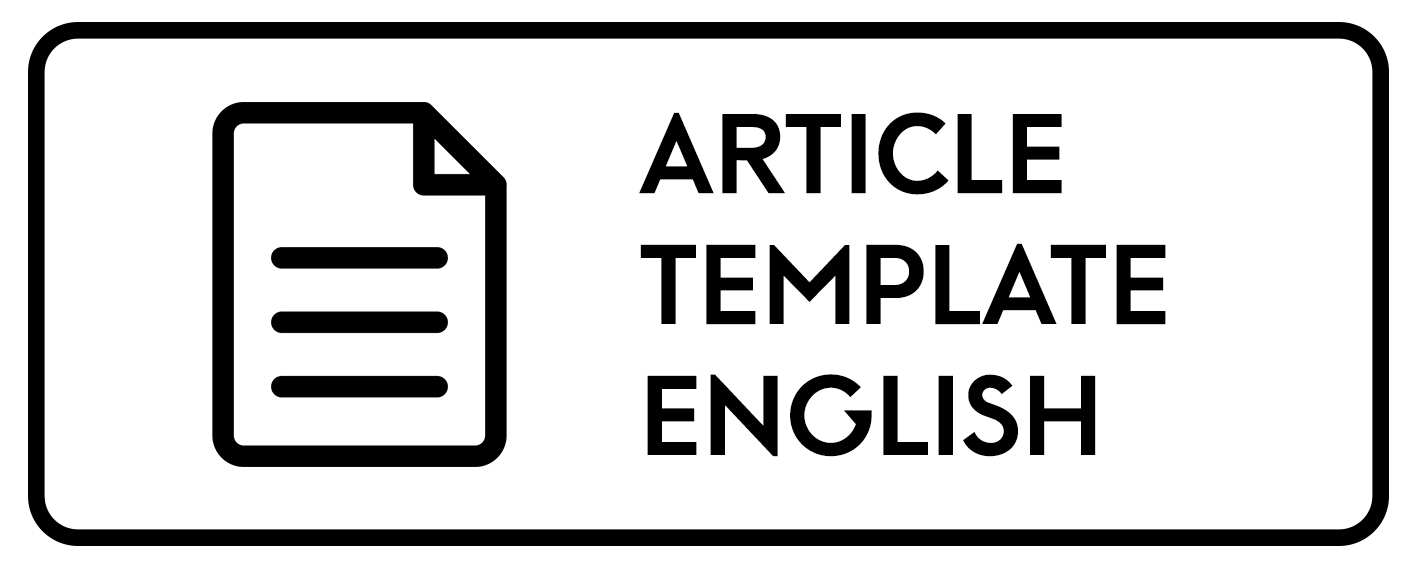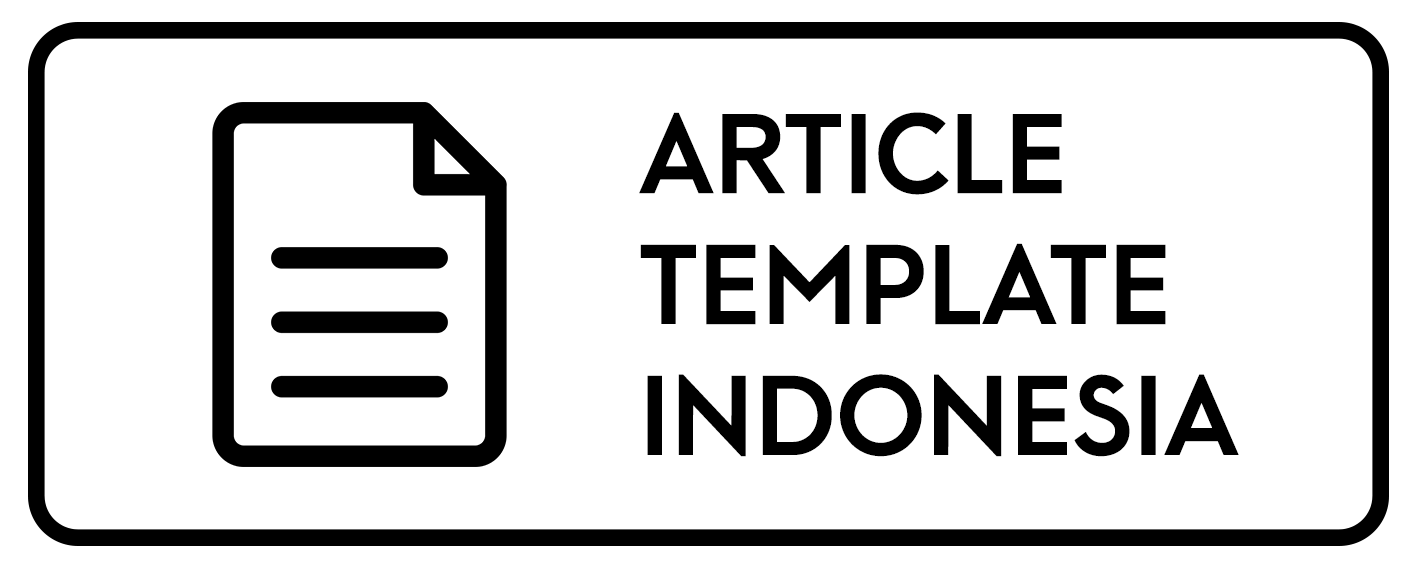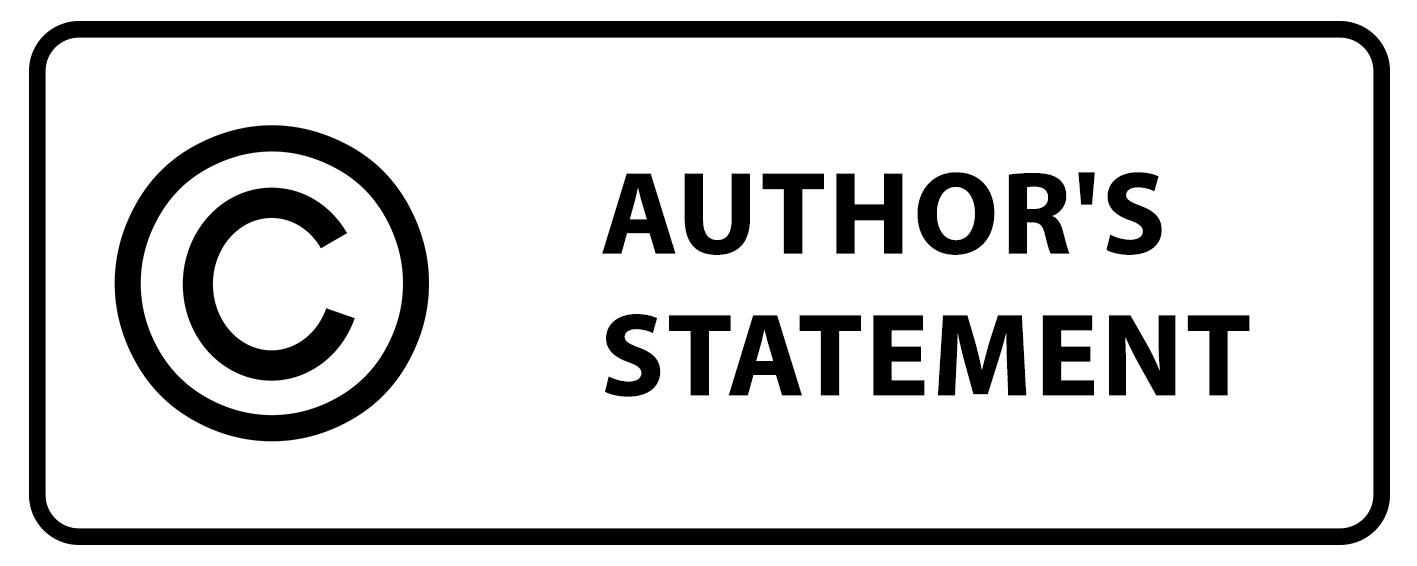Model Design Thinking-PjBL Mata Kuliah Etnobotani: Penguatan Empatisasi dan Refleksi Kompetensi Calon Guru
DOI:
https://doi.org/10.30872/jimpian.v3iSE.2894Keywords:
berfikir kritis, budaya, proyek, penulisan ilmiahAbstract
Pembelajaran berbasis proyek yang diterapkan pada mata kuliah Etnobotani bertujuan untuk meningkatkan keterampilan mahasiswa calon guru dalam menyusun pemikiran ke dalam artikel ilmiah. Sebanyak sebelas mahasiswa yang menempuh mata kuliah Etnobotani dan berpartisipasi dalam penelitian ini. Penelitian ini menggunakan pendekatan kualitatif untuk menerapkan pembelajaran dengan model design thinking dan Project Based Learning (PjBL) atau pembelajaran proyek pada topik Etnobotani sebagai kekuatan dari mahasiswa daerah yang lebih banyak berkehidupan dengan alam dan kebudayaan. Luaran dalam perkuliahan Etnobotani ini meliputi penalaran mahasiswa, dan keterampilan dalam proyek menulis ilmiah. Indikator dari berfikir kritis meliputi keterampilan merumuskan masalah, keterampilan mencari dan menggali informasi, kreatifitas dalam menginterpretasi, regulasi diri dan refleksi diri. Keterampilan menyusun karya tulis meliputi kualitas ide penulisan dan produk penulisan. Hasil yang diperoleh yaitu sebanyak tiga judul artikel ilmiah dengan topik makanan khas Dayak, Etnobotani Kain Sumba dan Teknik Menenun Kain Sumba dengan kualitas baik.
Downloads
References
Adnyana, I. G. A. P., & Maitri, N. A. U. (2014). Pelestarian Lingkungan Hidup Berbasis Kearifan Lokal (Local Wisdom) di Desa Tenganan Kecamatan Kecamatan Manggis Kabupaten Karangasem. Jurnal Media Komunikasi Geografi, 15(32), 1–16. https://ejournal.undiksha.ac.id/index.php/MKG/article/view/11425
Ananda, L. R., Rahmawati, Y., & Khairi, F. (2023). Critical Thinking Skills of Chemistry Students By Integrating Design Thinking With Steam-Pjbl. Journal of Technology and Science Education, 13(1), 352–367. https://doi.org/10.3926/jotse.1938
Ekaputra, F., & Widarwati, S. (2023). Discovery Learning Based Practicum Learning in Improving Critical Thinking Skill and Student Creativity. Tarbiyah: Jurnal Ilmiah Kependidikan, 12(1), 47–56. http://jurnal.uin-antasari.ac.id/index.php/jtjik/article/view/9183
Hizqiyah, I. Y. N., Nugraha, I., Cartono, C., Ibrahim, Y., Nurlaelah, I., Yanti, M., & Nuraeni, S. (2023). The project-based learning model and its contribution to life skills in biology learning: A systematic literature network analysis. JPBI (Jurnal Pendidikan Biologi Indonesia), 9(1), 26–35. https://doi.org/10.22219/jpbi.v9i1.22089
Iskandar, B. S., Iskandar, J., & Partasasmita, R. (2018). Strategy of the outer baduy community of south banten (Indonesia) to sustain their swidden farming traditions by temporary migration to non-baduy areas. Biodiversitas, 19(2), 453–464. https://doi.org/10.13057/biodiv/d190212
Istikomayanti, Y., & Mitasari, Z. (2021). Studi Nilai Etnobotani dan Sosio-Ekologi Generasi Milenial Sumba. Biosaintropis (Bioscience-Tropic), 7(1), 63–73. https://doi.org/10.33474/e-jbst.v7i1.394
Muhfahroyin, M., & Oka, A. A. (2017). Improving Post-graduate Students Learning Activities through Lesson Study in Learning Forest-Prototype. Biosaintifika: Journal of Biology & Biology Education, 9(2), 311–316. https://doi.org/10.15294/biosaintifika.v9i2.6208
Nazila, L., Rosidin, U., Distrik, I. W., Herlina, K., & Hasnunidah, N. (2019). The Effect of Applying Argument Driven Inquiry Models to the Critical Thinking Skills of Students Based on Gender Differences. Scientiae Educatia: Jurnal Pendidikan Sains, 8(1), 36–50. http://dx.doi.org/10.24235/sc.educatia.v8i1.4145
Runtuboi, Y. Y., Padang, D. A., Peday, M. H., Arobaya, A. Y. S., Ungirwalu, A., Auri, A., Dimara, P. A., Susanti, C. M. E., Panambe, N., & Benu, N. M. H. (2023). The indigenous art of orchid noken making by the Mee Tribe in the highland of Central Mountains, Indonesian Papua. Biodiversitas, 24(7), 3881–3890. https://doi.org/10.13057/biodiv/d240727
Rusydiyah, E. F., Indrawati, D., Jazil, S., Susilawati, & Gusniwati. (2021). Stem learning environment: Perceptions and implementation skills in prospective science teachers. Jurnal Pendidikan IPA Indonesia, 10(1), 138–148. https://doi.org/10.15294/jpii.v10i1.28303
Subakti, H., Oktaviani, S., & Anggraini, K. (2021). Implementasi Gerakan Literasi Sekolah Pada Masa Pandemi Covid-19 Dalam Meningkatkan Minat Baca Siswa Sekolah Dasar. Jurnal Basicedu, 5(4), 2489–2495. https://doi.org/10.31004/basicedu.v5i4.1209
Sudarmin, Mursiti, S., Sarwi, S., & Listiaji, P. (2021). Secondary metabolite learning model from Taxus sumatrana with ethnoscience integrated inquiry using online system and google form application. Journal of Physics: Conference Series, 1918(3). https://doi.org/10.1088/1742-6596/1918/3/032025
Suharti, S. (2017). Development of bio-rights incentive scheme for participatory restoration and conservation of mangrove resources. Biodiversitas, 18(1), 121–128. https://doi.org/10.13057/biodiv/d180118
Taksu, I. K., & Wesnawa, I. G. A. (2019). Pengembangan Nilai-Nilai Kearifan Lokal Hutan. Pips, 3(2), 96–102. https://ejournal-pasca.undiksha.ac.id/index.php/PIPS/article/view/3332
Utami, S., Bayu, I., Ariesta, B., Ayu, N., & Dewi, P. (2022). Eco-Print Hapa Zome on Textiles As Antithesis Environmentally Unfriendly Textile Dyestuff. Jurnal Ilmu Pengetahuan Dan Karya Seni, 24(1), 2022. http://doi.org/10.26887/ekspresi.v24i1.1639
Ziapour, A., Sharma, M., Nejhaddadgar, N., Mardi, A., & Tavafian, S. S. (2020). Educational needs assessment among 10–14-year-old girls about puberty adolescent health of Ardebil. Arch Public Health, 78, 1–6. https://doi.org/10.1186/s13690-019-0388-3
Downloads
Published
How to Cite
Issue
Section
License
|
|
Every work in Jurnal Ilmu Manajemen dan Pendidikan is licensed under a Creative Commons Attribution-ShareAlike 4.0 International License.
Under the following terms:
- Attribution — You must give appropriate credit , provide a link to the license, and indicate if changes were made . You may do so in any reasonable manner, but not in any way that suggests the licensor endorses you or your use.
- ShareAlike — If you remix, transform, or build upon the material, you must distribute your contributions under the same license as the original.
- No additional restrictions — You may not apply legal terms or technological measures that legally restrict others from doing anything the license permits.
Authors who publish with this journal agree to the following terms:
- Authors retain copyright and grant the journal right of first publication with the work simultaneously licensed under a CC BY-SA 4.0 DEED Attribution-ShareAlike 4.0 International that allows others to share the work with an acknowledgment of the work's authorship and initial publication in this journal.
- Authors are able to enter into separate, additional contractual arrangements for the non-exclusive distribution of the journal's published version of the work (e.g., post it to an institutional repository or publish it in a book), with an acknowledgment of its initial publication in this journal.
- Authors are permitted and encouraged to post their work online (e.g., in institutional repositories or on their website) prior to and during the submission process, as it can lead to productive exchanges, as well as earlier and greater citation of published work.













